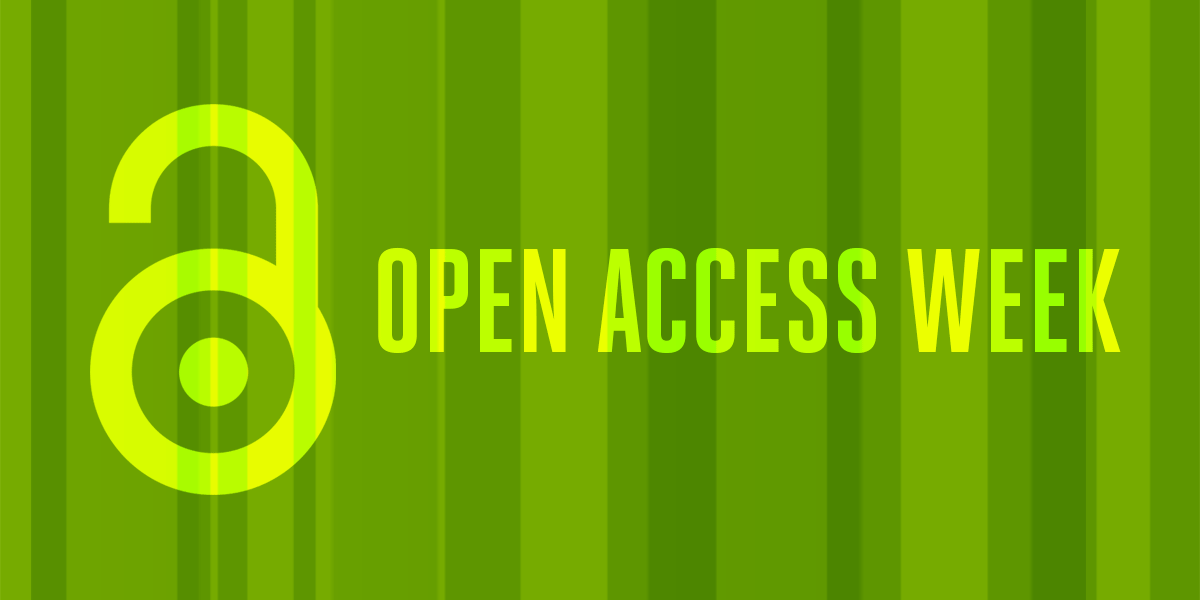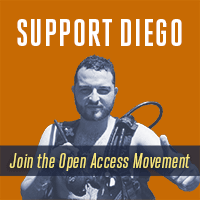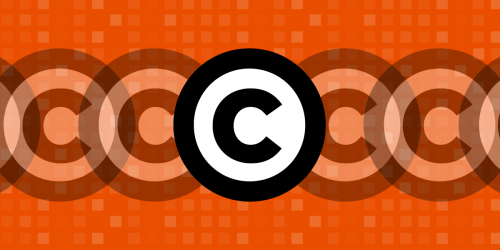
A BBC article has been making the rounds this week about #icanhazpdf, a “secret codeword” that people use to access research papers from limited-access journals. The idea is simple: when researchers—or, for that matter, curious readers—find a reference to an article that they can’t access, they post a request on Twitter. After someone with access sees the request and sends the paper over, the asker deletes the tweet so that it doesn’t arouse any future suspicion.
The hashtag might be new, but it’s hardly a new practice. Indeed, a lot of people take for granted that when they need a paper, there’s someone in their network with access to the right online database to retrieve it. The BBC suggests that the hashtag encourages copyright infringement. Biologist and open science advocate Michael Eisen noted that one could just as easily say the opposite: it’s the researchers who publish in paywalled journals that encourage infringement.
Let’s not portray casual sharing as more heroic than it is, though. A network of friends with institutional connections is not a luxury that everyone has. Emailing papers doesn’t fix a system in which the most cutting-edge knowledge is only available to a few people. If anything, casual sharing of limited-access papers only underscores the problem: limiting access to research keeps knowledge away from people without the same connections and privileges.
Malaria researcher Bart Knols wrote in 2012 about a startling reality in sub-Saharan Africa: while modern treatments for malaria had become very successful in the Western world, those treatments were extremely slow to move to the communities that needed it most. Without access to those medicines, communities were relying too heavily on DDT, which was causing insects’ tolerance to the insecticide to skyrocket.
According to Knols, open access research could address that disparity:
A recent survey of malaria research articles … showed that 48 per cent were open access and so could be read without payment. But that also means that every second article had restricted access, requiring some form of payment to access. Those working in well-endowed academic institutions in the north don’t even notice this paywall in their day-to-day mining of scholarly material. But for scientists in the south this is crucial. If you can’t afford to pay, you can’t read.
Even among advocates for open access, it’s sometimes easy to forget what’s really at stake. At its heart, open access isn’t an abstract, academic debate. It’s a human rights issue. In Knols’ words, “Can we justify withholding information from those who need it most?”
Last week, the trial resumed for Diego Gomez, a student being prosecuted for sharing another researcher’s Master’s thesis over the Internet (as he put it, “for ignoring the rigidity of copyright law”), something that thousands of researchers do every day.
As many people reading this will remember, Aaron Swartz faced severe penalties for accessing millions of articles via MIT’s computer network without “authorization.” Aaron’s case was different from Diego’s, but it’s worth reflecting on the fact if open access publishing were the standard for scholarly communication, neither of them would have been prosecuted for anything.
There are a lot of complicated questions about the future of academic publishing and how publishers can transform and sustain themselves. But let’s always remember the underlying issue: when only people with large budgets or institutional connections can access and use research, it puts many others at a severe disadvantage.
No hashtag can change that.
All this week, EFF is participating in Open Access Week. Read all of our OAWeek blog posts.









